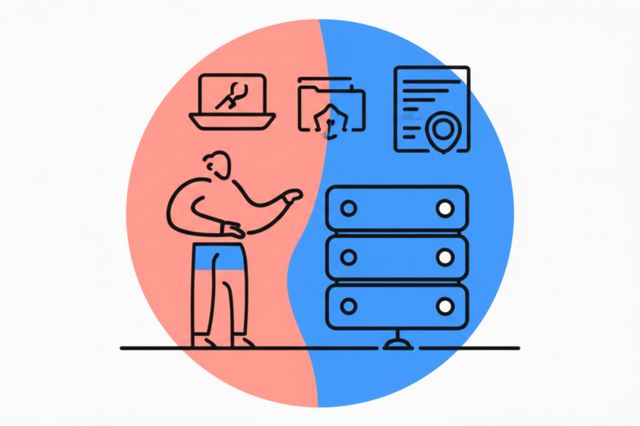Data Backup and Recovery
The field of data backup and recovery encompasses the processes, strategies, and tools used to protect and restore vital information in the event of data loss or system failure. Whether for personal or business purposes, safeguarding data against potential threats is crucial for maintaining continuity, preventing downtime, and ensuring data integrity.
Importance of Data Backup and Recovery
In today's digital world, data has become an essential asset for businesses and individuals alike. The loss of critical data, whether due to hardware failure, cyberattacks, natural disasters, or human error, can have severe consequences. Timely and effective data backup and recovery measures can minimize downtime, reduce financial losses, and protect against data breaches.
Data backup involves creating a copy of data at regular intervals, allowing for restoration in case of data loss. Data recovery refers to the processes and techniques used to retrieve lost or corrupted data from backup sources.
Types of Data Backup
There are various types of data backup, each with its own advantages and use cases:
- Full Backup: Creates a complete copy of all data at a given point in time.
- Incremental Backup: Copies only the data that has changed since the last backup, reducing backup time and storage space.
- Differential Backup: Similar to incremental backup, but it compares the current data to the last full backup, rather than the previous backup.
- Mirror Backup: Maintains an exact replica of the original data, allowing for instant recovery.
- Cloud Backup: Stores data backups remotely in a cloud storage service, providing off-site data protection.
Data Backup Strategies
To ensure effective data backup, it is essential to implement a comprehensive data backup strategy. This involves:
- Choosing an appropriate backup method: Selecting the right backup type and frequency based on the criticality of the data and the organization's recovery time objectives (RTOs) and recovery point objectives (RPOs).
- Implementing a backup schedule: Establishing a regular schedule for data backups to ensure timely data protection.
- Verifying backups: Regularly testing backups to ensure their integrity and recoverability.
- Storing backups securely: Protecting backups from unauthorized access and physical damage by storing them in multiple locations.
Data Recovery Process
In the event of data loss, a systematic data recovery process is crucial:
- Identify the data loss: Ascertain the extent of data loss and the affected data.
- Choose the appropriate backup: Select the most recent and relevant backup that contains the lost data.
- Restore the data: Use data recovery software or techniques to restore the lost data to its original location.
- Verify the recovery: Test the restored data to ensure its integrity and functionality.
Careers in Data Backup and Recovery
Data backup and recovery professionals are in high demand due to the increasing importance of data protection. Careers in this field include:
- Data Backup and Recovery Analyst: Designs, implements, and manages data backup and recovery systems.
- Disaster Recovery Specialist: Develops and executes plans to recover critical data and systems in the event of a disaster.
- Cybersecurity Analyst: Protects data from cyberattacks and breaches, including the recovery of data in the event of a cyber incident.
- Storage Administrator: Manages data storage systems, including the implementation and maintenance of backup solutions.
Online Courses in Data Backup and Recovery
Online courses offer a convenient and accessible way to learn about data backup and recovery. These courses cover a wide range of topics, including:
- Data backup strategies
- Data recovery techniques
- Cloud backup services
- Business continuity planning
- Data protection best practices
Through lectures, projects, assignments, and discussions, online courses provide a comprehensive understanding of data backup and recovery principles. Learners can gain hands-on experience through interactive labs and simulations, enabling them to apply their knowledge in practical scenarios.
While online courses alone may not be sufficient for a complete understanding of data backup and recovery, they serve as valuable learning tools that can enhance understanding and prepare individuals for careers in this field.


